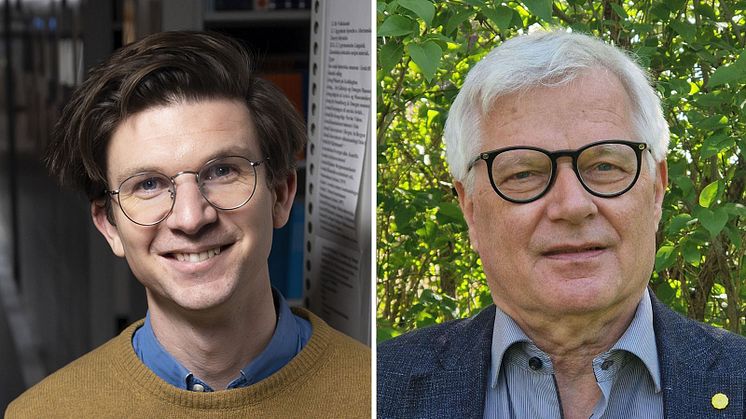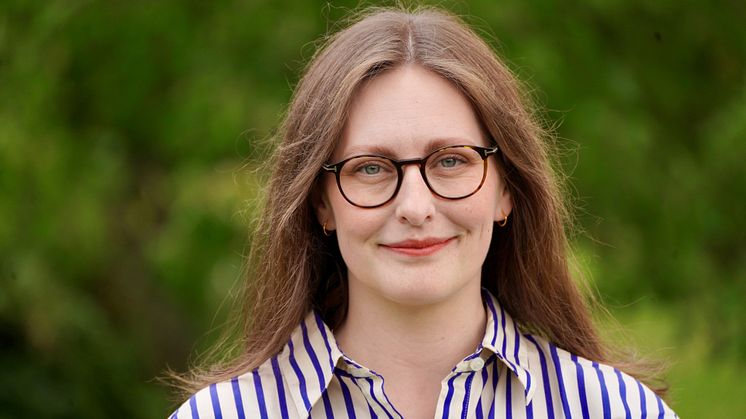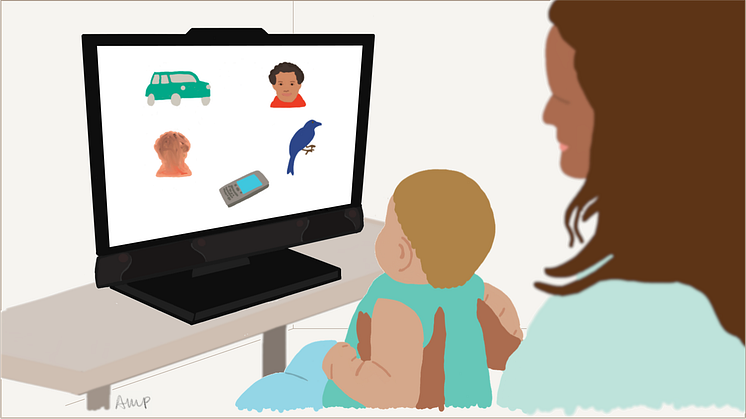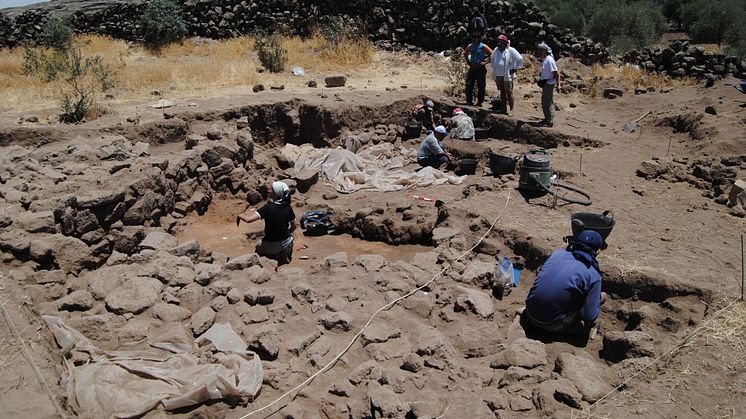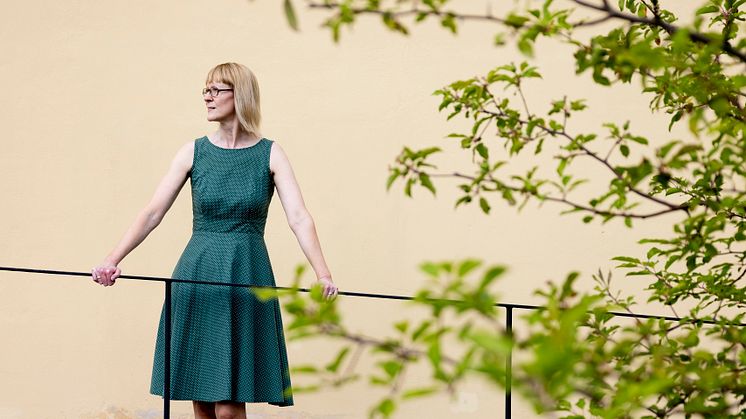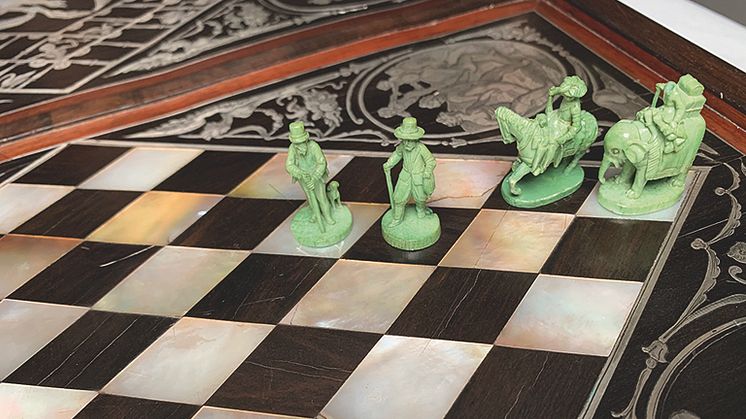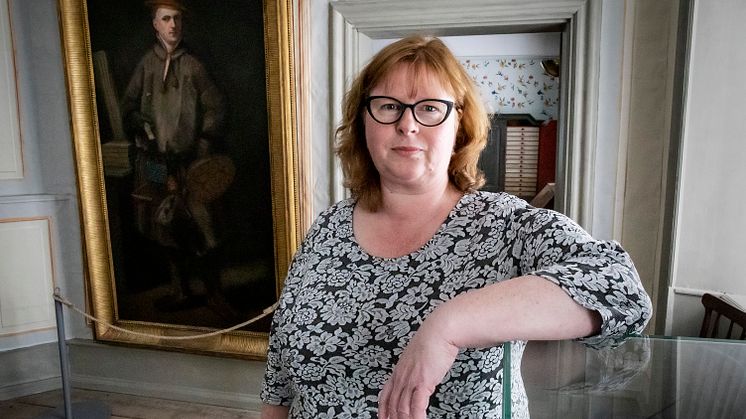New book charts stylistic patterns in Swedish novels
What are the stylistic differences between well-known Swedish authors? And is it possible to distinguish a prestigious writer from a more popular one? The answer is that there seem to be many different ways for authors to capture their audience. This is the conclusion reached by Karl Berglund and Johan Svedjedal, who have used computer-aided analysis to map 20th century Swedish literature.
